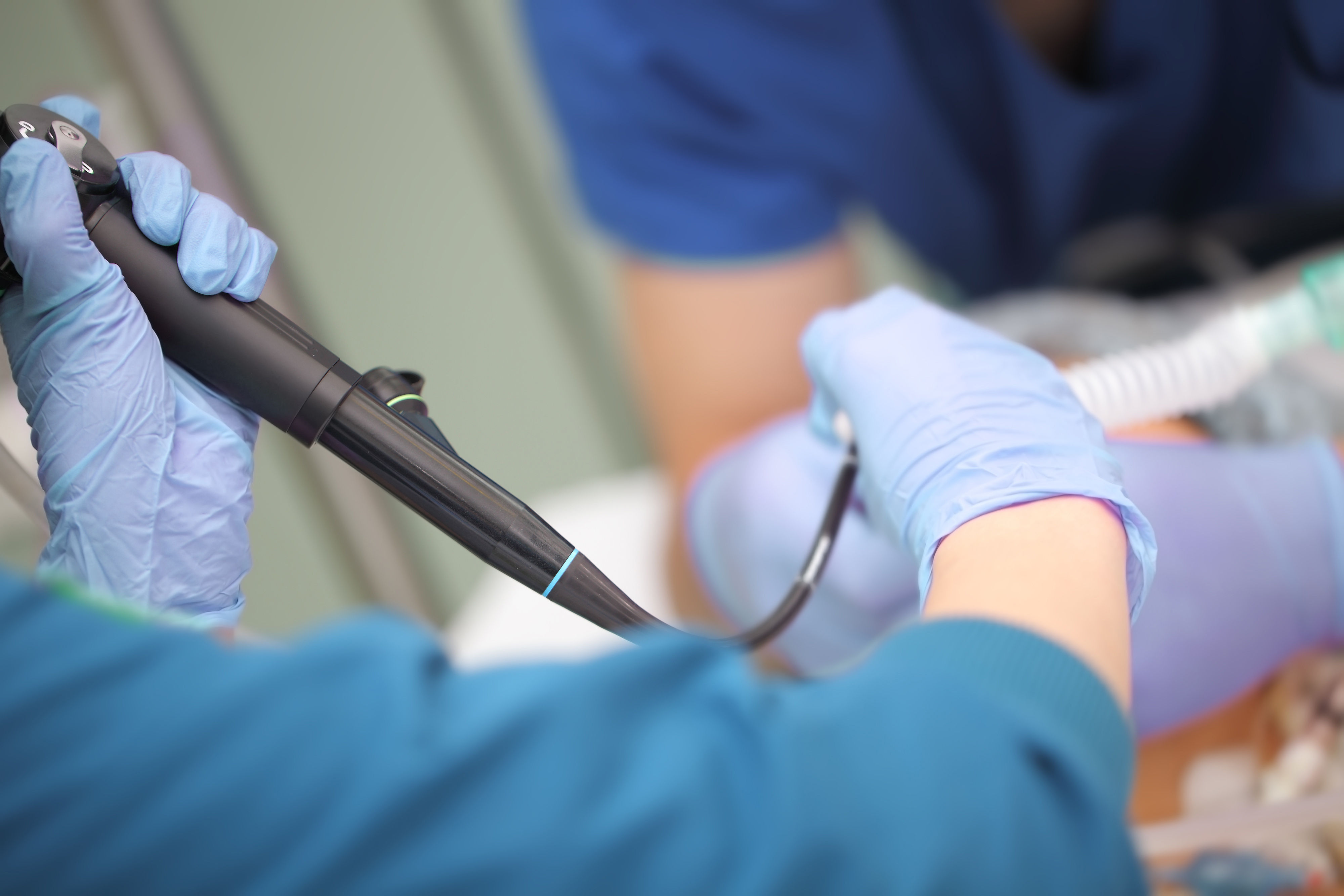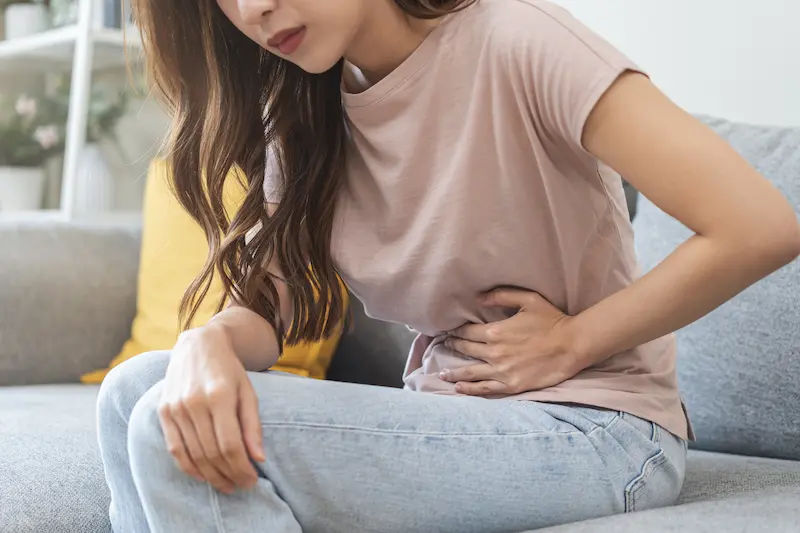- male
- 45 Years
- 29/01/2025
I'm trying to figure out how to lower my SGPT levels because theyre currently at 136, and it's got me worried. What can I do to bring this down? Any advice you could give would really help!
Answered by 1 Apollo Doctors
Elevated SGPT (Serum Glutamic-Pyruvic Transaminase) levels can indicate liver stress or damage. To reduce your SGPT level, follow these steps:
Lifestyle Changes
- Maintain a healthy weight: Excess weight can contribute to liver stress.
- Exercise regularly: Engage in moderate-intensity physical activity, like brisk walking, cycling, or swimming.
- Avoid alcohol: Abstain from alcohol consumption or limit it to moderate levels (1-2 drinks per day).
- Quit smoking: Smoking can exacerbate liver damage.
Dietary Changes
- Increase antioxidant intake: Consume foods rich in antioxidants, such as:
- Berries (blueberries, strawberries, raspberries)
- Leafy greens (spinach, kale, collard greens)
- Nuts and seeds (almonds, walnuts, chia seeds, flaxseeds)
- Eat foods that support liver health: Include:
- Omega-3 rich foods (fatty fish, flaxseeds, chia seeds)
- Vitamin E-rich foods (nuts, seeds, vegetable oils)
- Fiber-rich foods (fruits, vegetables, whole grains)
- Limit processed and high-sugar foods: Avoid or reduce:
- Processed meats
- Refined carbohydrates
- Sugary drinks
Supplements
- Milk Thistle: This herb has been traditionally used to support liver health. Consult with your doctor before taking any supplements.
- Vitamin E: This antioxidant can help protect liver cells from damage.
- Omega-3 fatty acids: These healthy fats can help reduce inflammation and support liver health.
Dr. Dhankecha Suggests...
Consult a Gastroenterology/gi Medicine Specialist
Answered 04/07/2025
0
0

More Gastroenterology/GI medicine Health Queries
View allI'm really worried because I've been having some bad stomach pains and vomiting. I've already tried taking Ulgel, Loxof 500, and Cyclopam, but nothing seems to be working. Could this be a serious gastrointestinal issue, or is there something else I should try to get some relief? How concerned should I be about this?
That looks like Acute Gastroenteritis vist Physician for appropriate management ,stay hydrated and consume bland food
Answered by 1 Apollo Doctors
I'm experiencing some weird stomach issues and I'm a bit concerned. I used to have a stomach ulcer, which is thankfully better now, but for the past few months, my stomach's been gurgling a lot. I also feel really full and get a ton of gas after eating. It's like I can actually feel the gas forming, and there's this constant growling sound in my stomach that only seems to go away when I have a full meal. It's at its worst when I'm hungry. On top of that, my stool has been green and soft most of the time. I used to take pantotab every morning for my ulcer, but I stopped because it was making me super drowsy. Any idea what's going on? I'm kinda worried.
Your symptoms of constant stomach gurgling, feeling full after eating, gas formation, and green, soft stools, especially after recovering from a stomach ulcer, may indicate issues like irritable bowel syndrome (IBS), small intestine bacterial overgrowth (SIBO), or gastroparesis, and the drowsiness you experienced from Pantoprazole (Pantotab) tablets may be a side effect, so it's essential to consult your gastroenterologist to discuss your symptoms,
Answered by 1 Apollo Doctors
I've been noticing that I'm experiencing a bunch of issues like hair fall, fatigue, weak bones, frequent urination, and even lower back and stomach pain. I used to masturbate a lot, and I think this might be related. I'm currently seeing an Ayurvedic doctor but since last night, I've started having headaches and more stomach problems, like I can't digest food properly. Every time I eat, I feel the urge to use the washroom and my stomach hurts. My bones feel so weak that I can't lift anything without them starting to hurt. What do you think could be causing all these symptoms, and what should I do?
There is no such relation between your habbit and symptoms that you face, visit Physician for evaluation and appropriate management
Answered by 1 Apollo Doctors
Disclaimer: Answers on Apollo 247 are not intended to replace your doctor advice. Always seek help of a professional doctor in case of an medical emergency or ailment.

 (1).jpg)



